Discover the versatile uses and health benefits of coconut oil for beauty and wellness. Explore how it can enhance your daily routine—read more now!
Is Plastic Bad for the Environment? The Myths and Truths

Is Plastic Bad for the Environment? The Myths and Truths
| The word "plastic" has become something of a profanity in the 21st century. We're constantly bombarded with information about how plastic is killing the planet. We're urged to do our bit to help the environment by choosing sustainable alternatives, get rid of plastic or to at least recycle the plastic we do use. And we've all seen the heartbreaking videos of sea turtles with plastic straws up their noses and huge rafts of plastic bags floating across the Pacific ocean. But - and here's a controversial question - is plastic bad? Is it really the scourge of the modern age and the bringer of environmental doom? Before you go all "keyboard warrior" and fire off a strongly-worded email... let us clarify. The Natural French Soap Company is wholeheartedly against the wasteful, harmful use of disposable plastic. But reusable plastic (such as storage boxes, children's furniture and the like) is not necessarily bad for the environment. There's a marked difference between single-use plastic, recyclable plastic and reusable plastic that can serve us for years.
SOOO... WHAT'S THE DEAL? IS PLASTIC BAD OR NOT?The plastic debate can be a bit of a head-scratcher. On the one hand, there are the horror-story stats like "there are 5.25 trillion pieces of waste plastic in the oceans!!" and "the Great Pacific Garbage Patch is now three times the size of France!!" (yikes). On the other side of the debate are the people who take a long, hard look at their lifestyle, think "what can I do to become part of the solution?" and then make positive changes. Looking at the pros and cons of plastic (yes, there are some pros) can help us understand the bigger picture.
THE PROS OF PLASTIC- It's cheap to manufacture - It's lightweight and transportable - In general, it's easily recyclable - It's suitable for many different uses, from food packaging to pens to clothes hangers - Sturdy plastic items like boxes can last for many years and therefore be infinitely reused
THE CONS OF PLASTIC- It's a wasteful material on many levels - The manufacture of plastic is a major contributor to climate change - It's made from petrochemicals which pollute the air during the manufacturing process - Single-use plastic ends up in landfill or in the sea; only a small percentage is recycled - Plastic breaks down into micro-plastics which enter the food chain - from fish to humans |
THE KEY IS TO TAKE RESPONSIBILITYIf we were all more responsible with the way we use and dispose of plastic - instead of just blaming plastic itself - we would have much less plastic pollution. How so? Consider single-use plastic water bottles; probably one of the worst offenders when it comes to plastic waste. If everyone switched to reusable bottles and tap water, we'd be saving billions of plastic bottles from going to landfill (or into the sea). Plus - we'd all save money! Le Tap Water is much cheaper and eco-friendly than Le Fancy Eau!
SHOULDN'T WE JUST SWITCH TO OTHER MATERIALS?If bottled-water manufacturers were to use glass instead of plastic, there's no guarantee all those bottles would be recycled after use. Glass weighs more than plastic, so transporting the bottles would churn out more emissions. Plus, glass bottles cost more to make, which would mean a price-hike on the end product.
WHAT ABOUT ECO-FRIENDLY MATERIALS?Some manufacturers are championing compostable or biodegradable "plastics" made from plant fibres. This is a massive step towards a sustainable future - as long as both businesses and consumers get on board with the idea.
|

ENOUGH OF THE PROBLEMS! WHAT'S THE SOLUTION?The solution is a simple idea but one that will take time to implement. It's called "the circular economy" and it involves us all reframing how we use plastic. Instead of taking, making and wasting, we should be recycling, consuming and reusing. By making new items from recycled plastic, manufacturers will transform plastic from "wasteful material" to "valuable resource". |
WHAT IS THE NATURAL FRENCH SOAP COMPANY DOING ABOUT PLASTIC, HMM??
|
| We're totally committed to the eco thing! We no longer use single-use plastic packaging for our products and parcels. Instead, we wrap orders in tissue and paper then use paper tape to seal boxes. For our gift sets, we have wood-fibre bags that look like cellophane. Products in plastic bottles are all recyclable and often made with previously-recycled materials.
ET VOUS? WHAT DO YOU THINK ABOUT PLASTIC?Have you ever pondered the question of is plastic bad for the environment? Do you believe that change is gonna come or that plastic is an inevitable part of modern life? Whether you're on the fence, think plastic's fantastic or hate the stuff with a burning passion; we want to see your views below! And if you like this article, you can make it sustainable but sharing it among your friends, family, and enemies. Do you know who else would love you to spread the word? Sea turtles. |


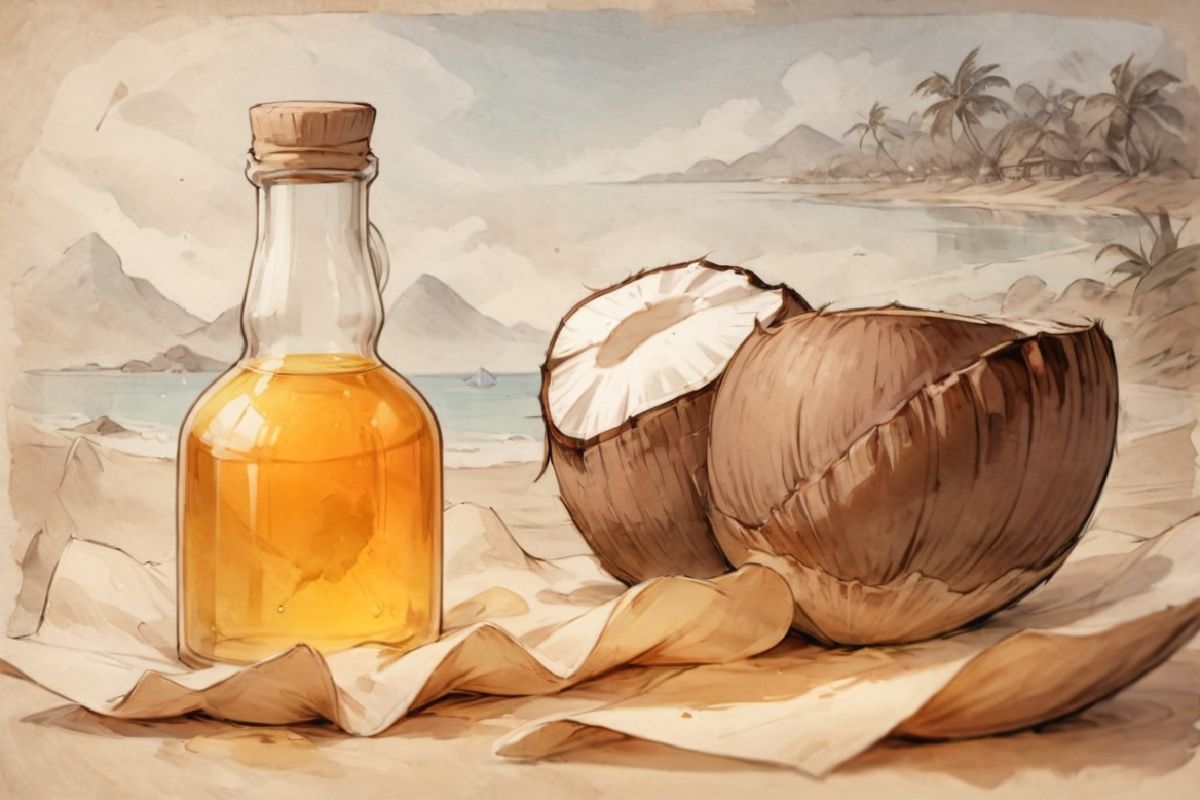
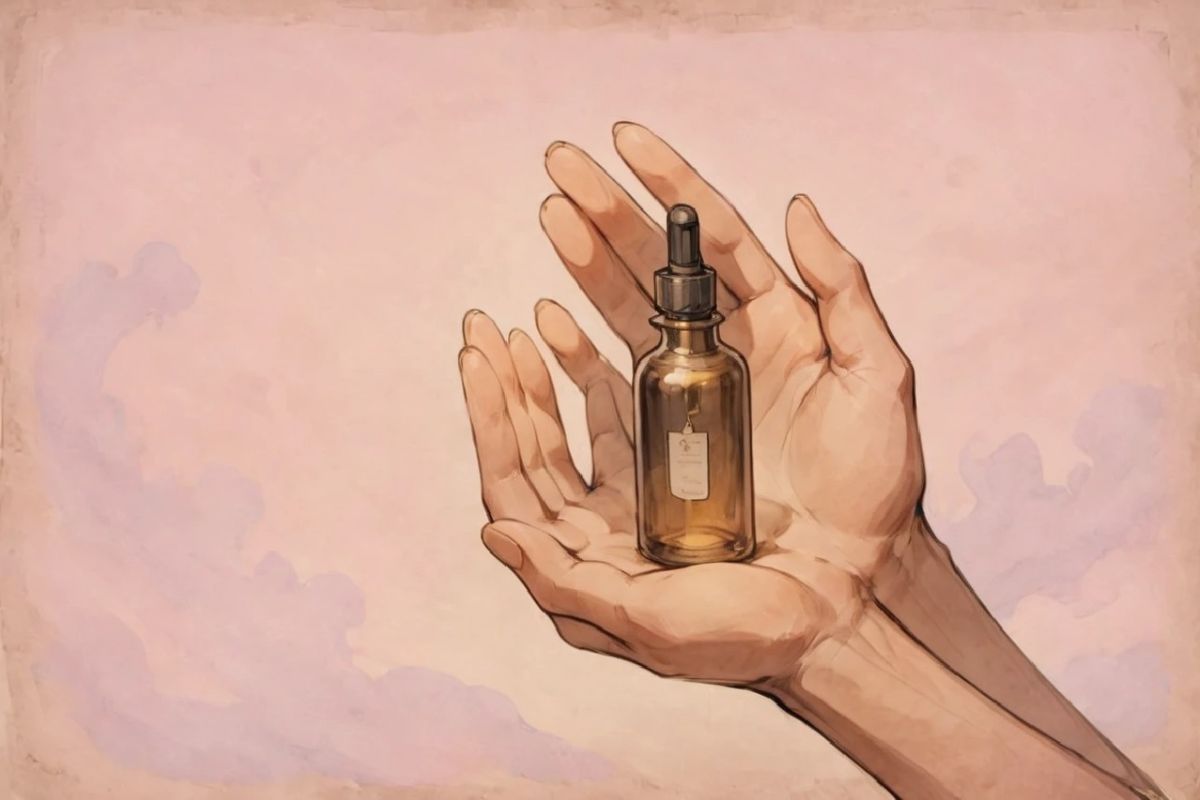
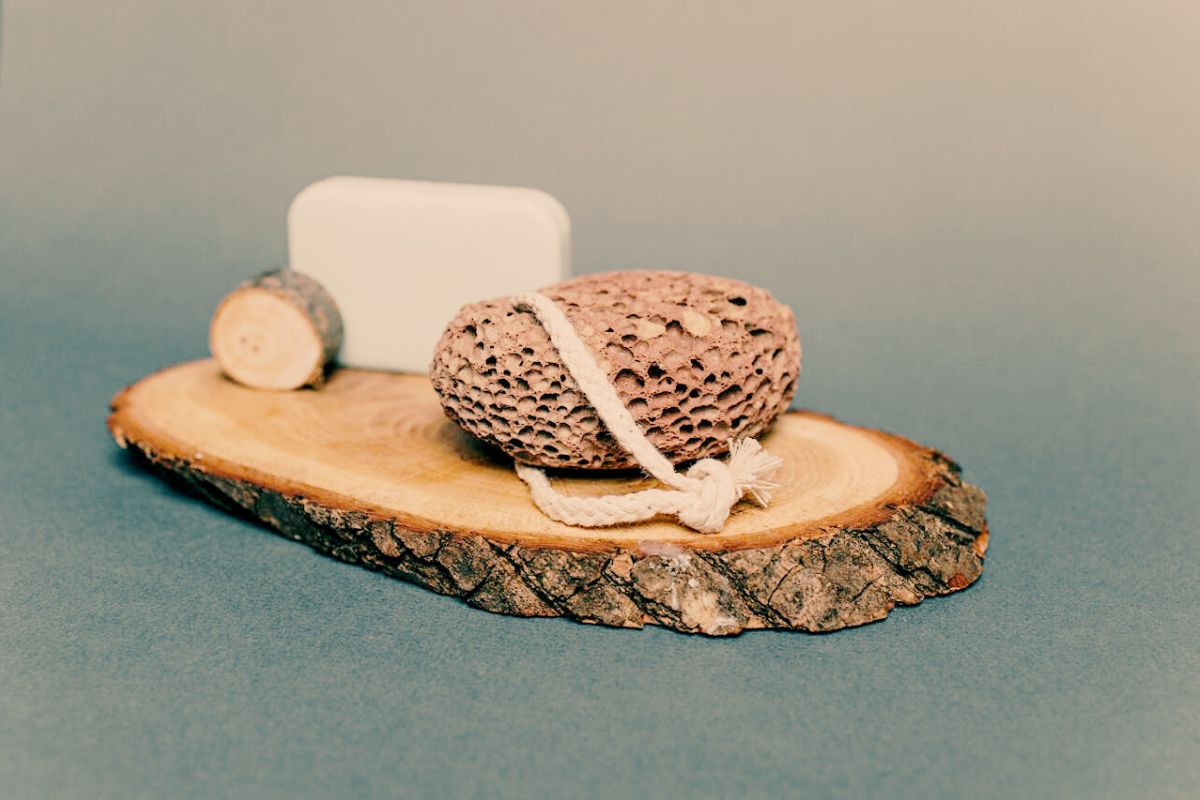

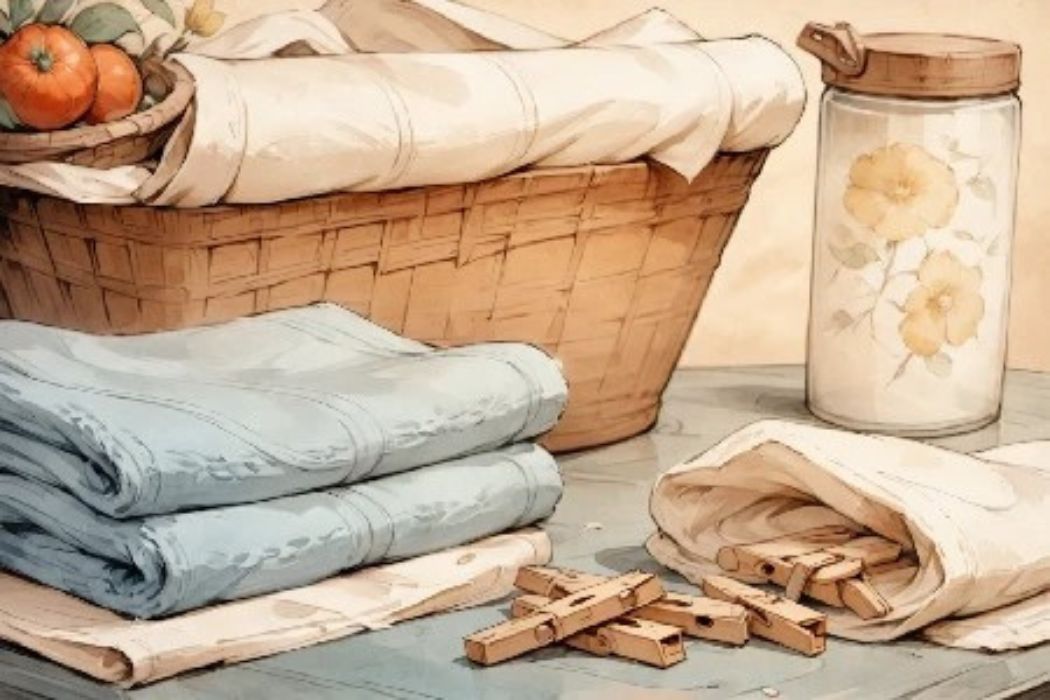
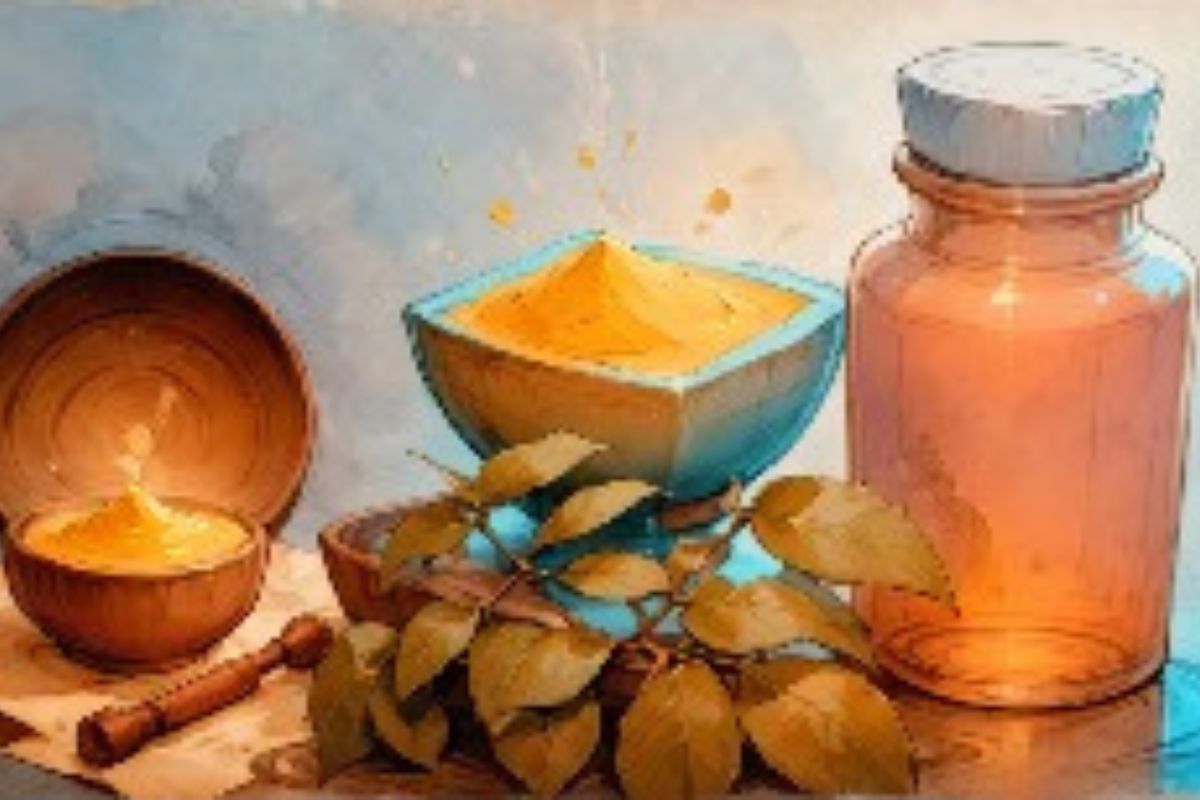
Wow! Really impressive. Thank you, i was wondering that thought for ages. I loved this.